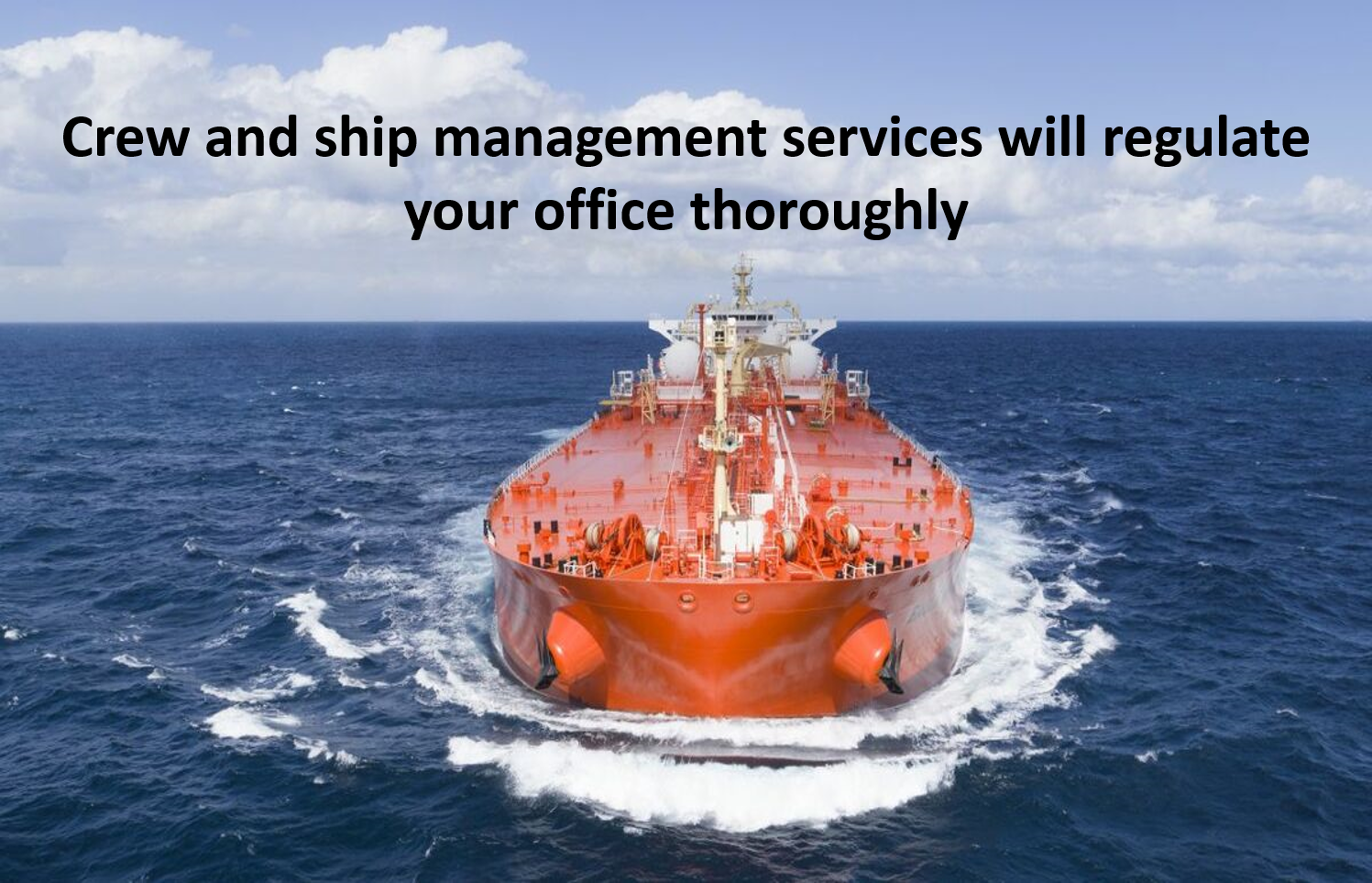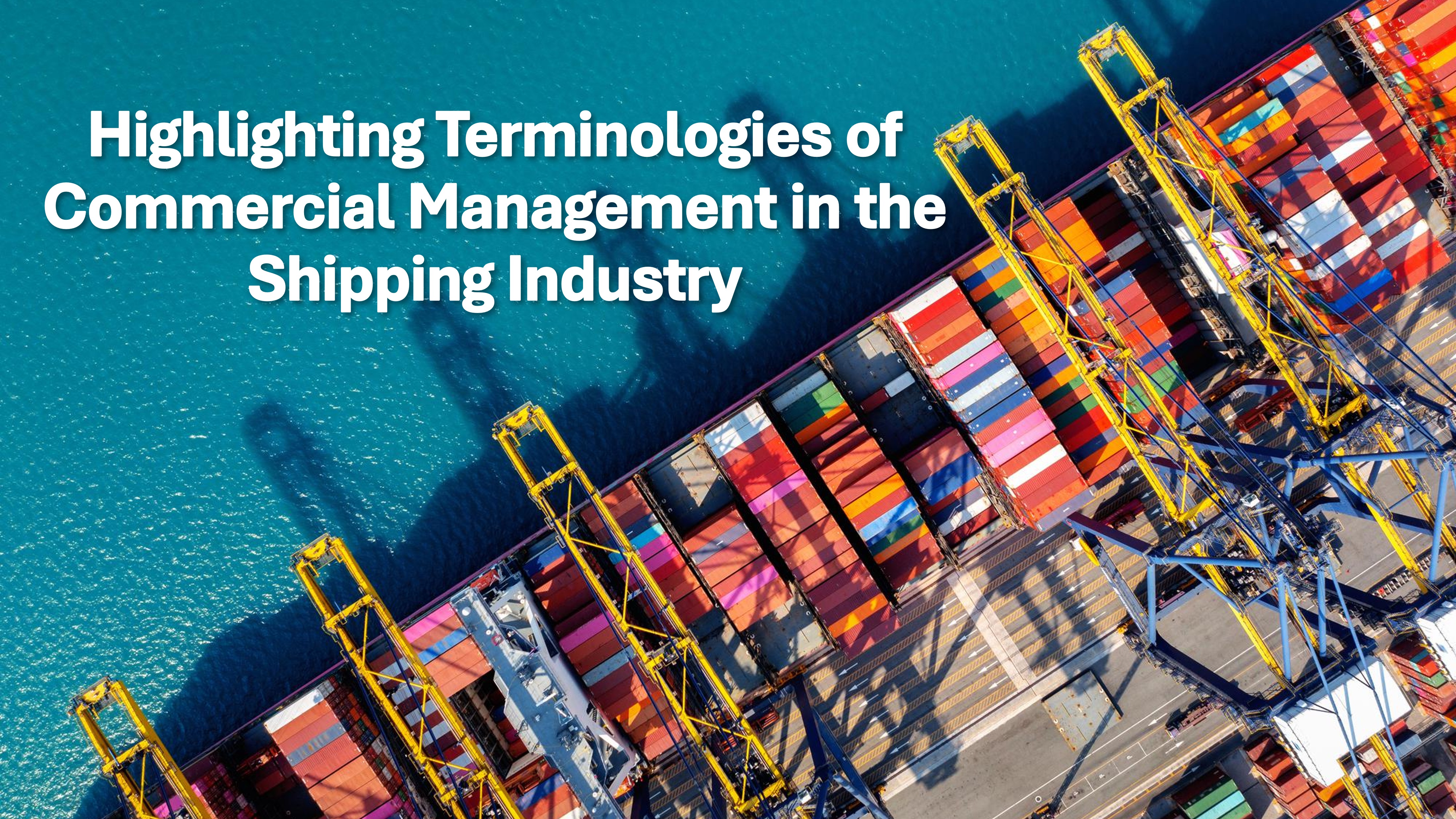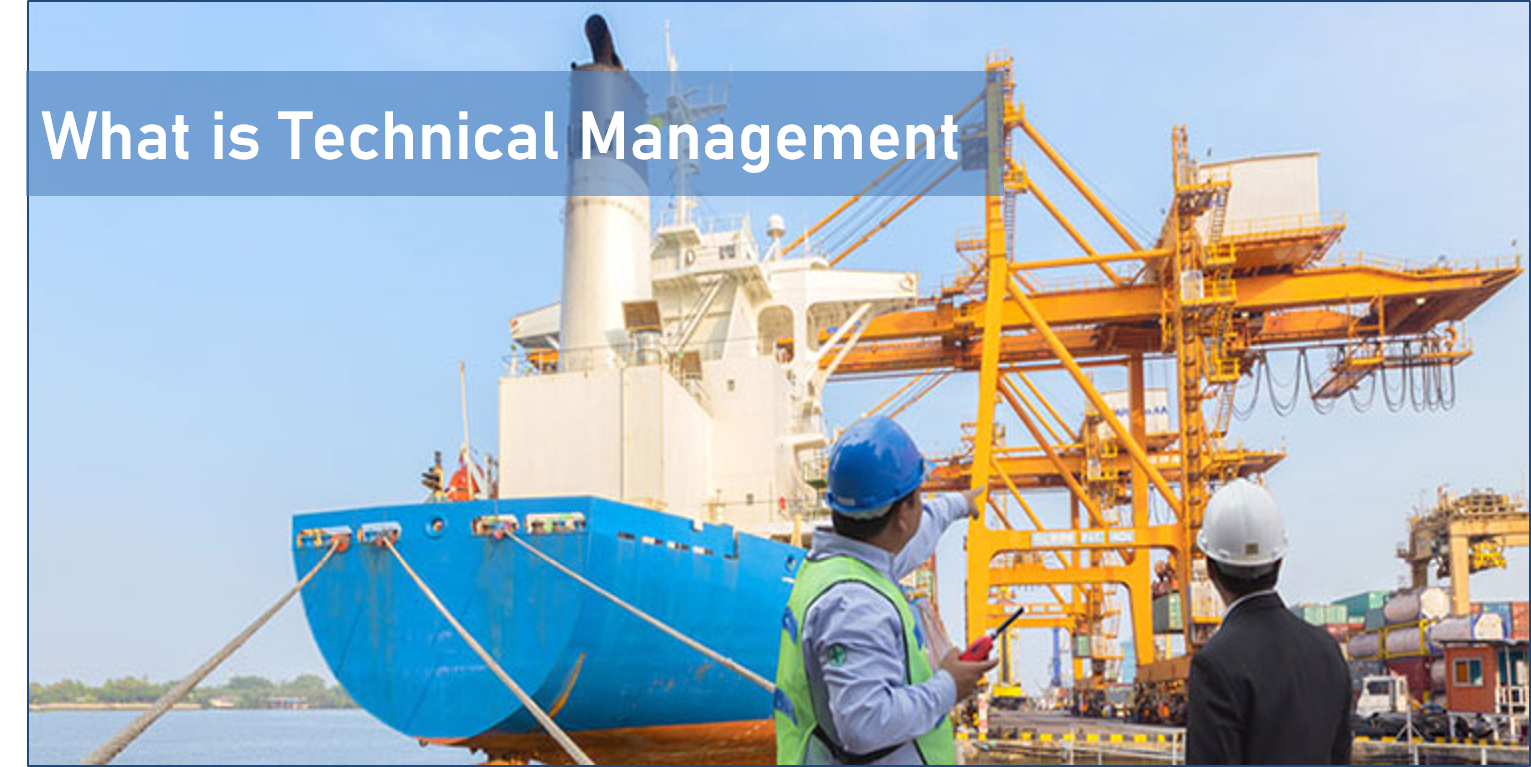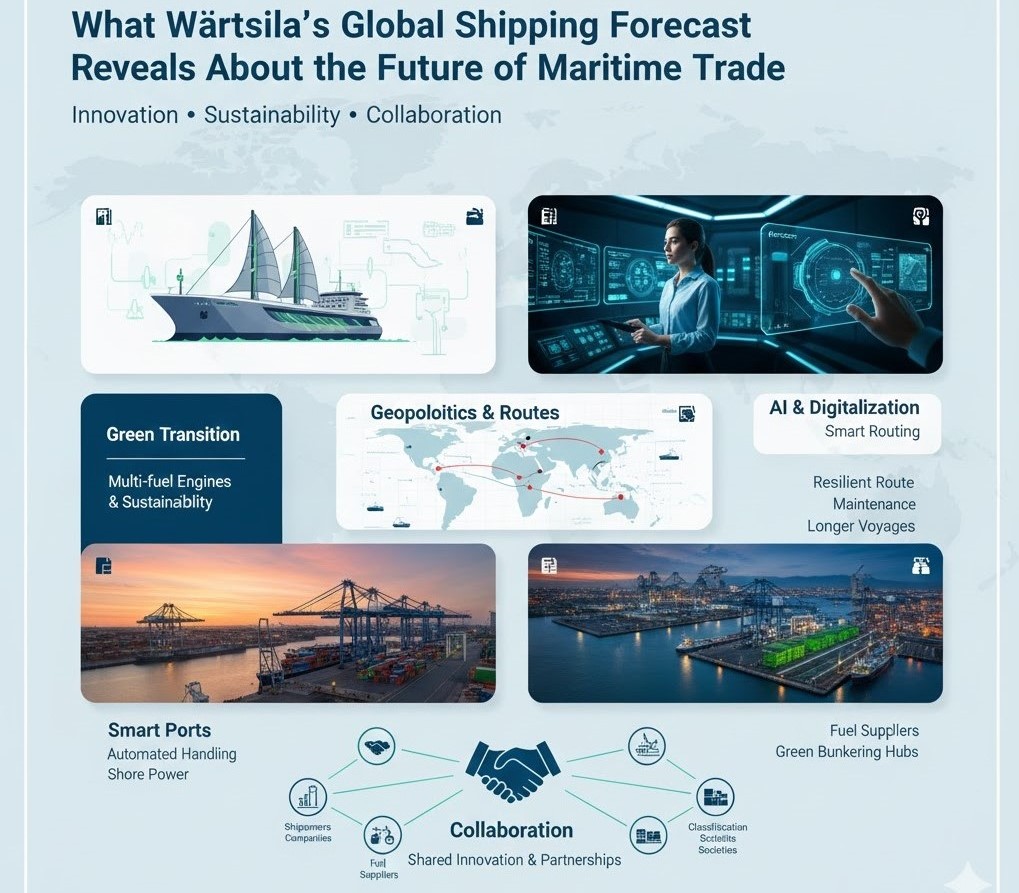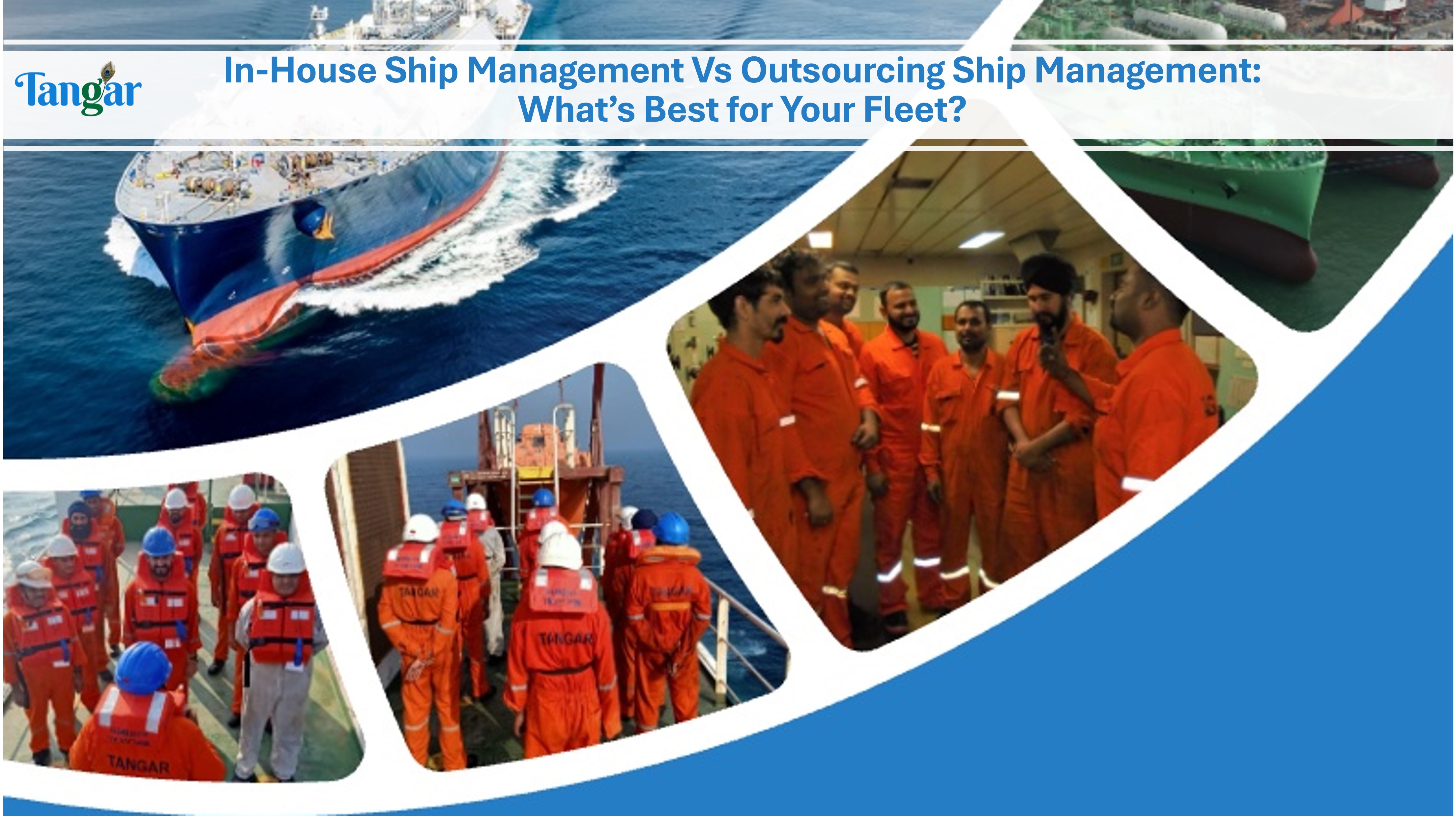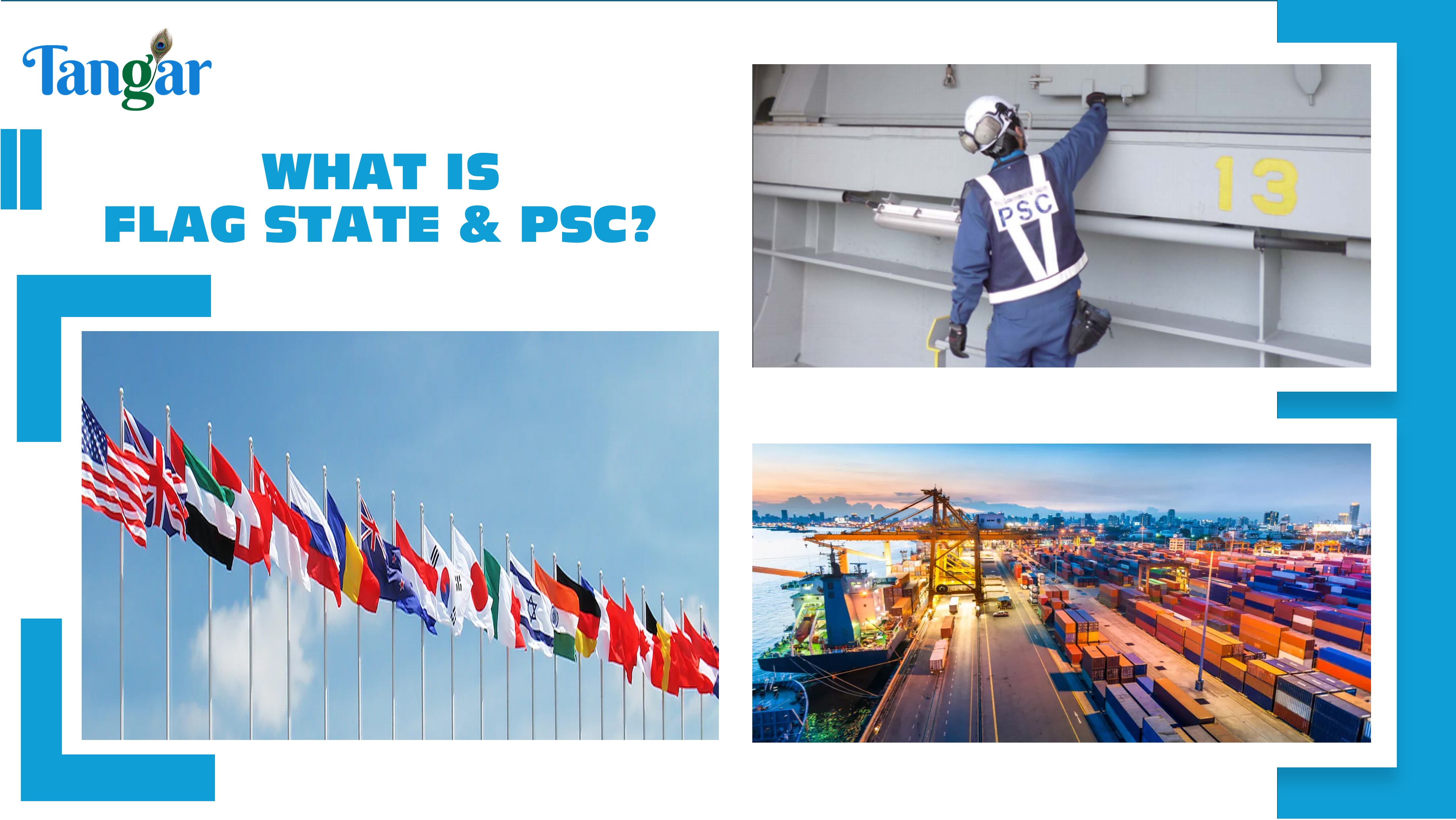
WHAT IS FLAG STATE, PSC & HOW THEY OPERATES?
Tangar Ship Management: Leading Maritime Digital Transformation
Embracing Technology to Navigate the Future
The maritime industry is undergoing a major transformation with the integration of cutting-edge technologies, leading to enhanced efficiency, reduced costs, and improved safety. Traditional methods of ship management, which relied heavily on manual processes, are being replaced by digitalisation, automation, and smart technologies. This shift is crucial for staying competitive in an industry that faces increasing regulatory pressures, operational inefficiencies, and rising costs.
Digitalisation has significantly improved operational processes, streamlining everything from fleet management to compliance tracking. Technologies such as blockchain, artificial intelligence (AI), and smart ship systems are now playing a key role in reshaping maritime operations. This article explores how digitalisation is revolutionising the shipping sector and how Tangar Ship Management is at the forefront of this transformation.
The Evolution of Maritime Digitalisation
The digital transformation of the maritime industry has progressed through multiple phases, each bringing new efficiencies and improvements:
-
Automation and Digital Integration – The initial step involved replacing outdated mechanical and analogue systems with digital bridge controls, automated machinery, and advanced propulsion technologies.
-
Data-Driven Decision Making – With increasing digital capabilities, ships began using data analytics, predictive maintenance, and remote monitoring to optimise performance and reduce operational downtime.
-
Smart Ships – Modern vessels are now equipped with sensors, automation tools, and real-time monitoring systems, enabling intelligent decision-making and improved sustainability.
Maritime digitalisation is not just about integrating technology—it is about redefining business models to drive growth while ensuring environmental and operational compliance.
How Digitalisation Benefits the Maritime Industry
Operational Efficiency & Cost Reduction
Advanced technologies help automate processes, reducing human error and minimising inefficiencies. AI-powered analytics enhance fuel efficiency, route optimisation, and predictive maintenance, ultimately lowering operational costs.
Enhanced Safety & Risk Management
Smart safety systems, real-time monitoring, and AI-driven risk assessment tools enhance onboard security and minimize accidents. Digital training solutions further ensure that crew members are well-equipped to handle emergencies.
Environmental Sustainability
Adopting green technologies, such as energy-efficient engines and AI-driven emission control systems, allows vessels to meet strict environmental regulations while reducing their carbon footprint.
Regulatory Compliance & Documentation
Ship management companies play a crucial role in ensuring compliance with international maritime laws. Digital solutions streamline documentation, automate reporting, and simplify adherence to regulatory requirements.
Blockchain for Supply Chain Transparency
Blockchain technology enhances security and transparency in supply chain operations, reducing fraud risks and improving efficiency in tracking shipments.
Tangar Ship Management: Leading the Way in Maritime Digitalisation
Tangar Ship Management Pvt. Ltd. is at the forefront of this technological revolution, offering ship owners innovative solutions tailored to modern challenges. By integrating advanced digital tools, the company ensures seamless operations and compliance while enhancing efficiency and sustainability.
1. Adoption of Automation and Smart Technologies
Tangar Ship Management leverages automation to improve vessel efficiency and reduce operational delays. Real-time monitoring, predictive analytics, and automated maintenance systems help optimize fleet performance.
2. Commitment to Green Shipping
Environmental sustainability is a key priority. The company integrates fuel-efficient systems, emission control technologies, and sustainable operating procedures to comply with global environmental standards.
3. Strengthening Safety Measures
Modern safety tools, digital risk assessment models, and AI-driven training programs ensure that crew members are well-prepared to handle emergencies, enhancing overall maritime safety.
4. Smart Fleet Management & Data-Driven Insights
Using real-time data and AI-powered analytics, Tangar Ship Management enhances decision-making processes, allowing ship owners to optimize operations and reduce costs.
5. Ensuring Regulatory Compliance
Compliance is at the heart of ship management. Tangar Ship Management employs digital documentation tools to simplify regulatory adherence, ensuring vessels meet international maritime standards.
6. Customised Solutions for Ship Owners
Recognizing that every ship owner has unique needs, Tangar Ship Management provides tailored services, ensuring responsive and efficient support.
7. Blockchain for Transparent Supply Chains
By incorporating blockchain technology, the company enhances transparency and security in supply chain operations, reducing fraud risks and improving transaction efficiency.
Sailing into the Digital Future
Tangar Ship Management remains committed to advancing digitalisation in the maritime sector. By leveraging automation, AI-driven analytics, and smart fleet management solutions, the company empowers ship owners to navigate the future with confidence.
“At Tangar Ship Management, we believe in harnessing technology to revolutionize maritime operations, ensuring safer, smarter, and more sustainable shipping.”
